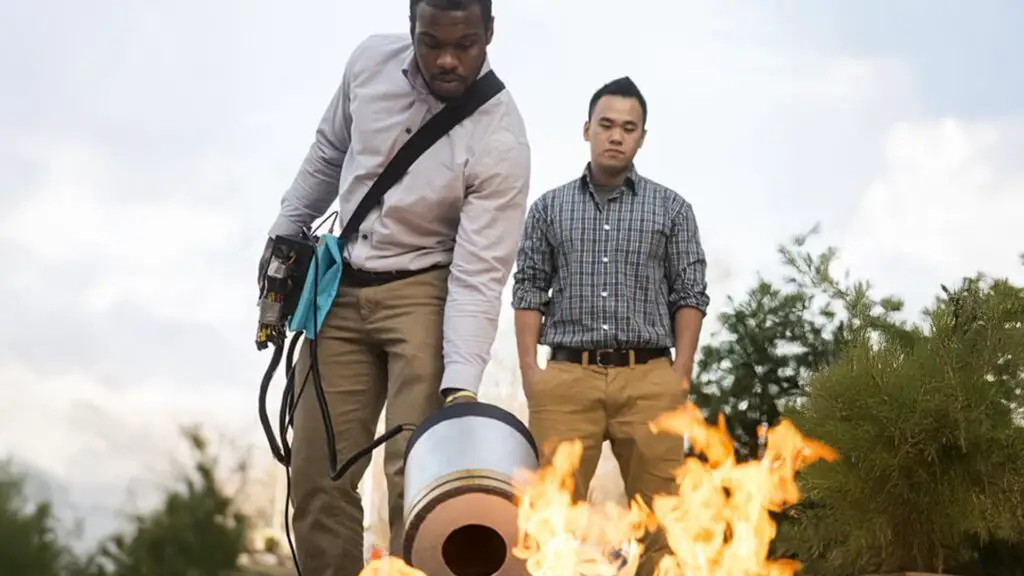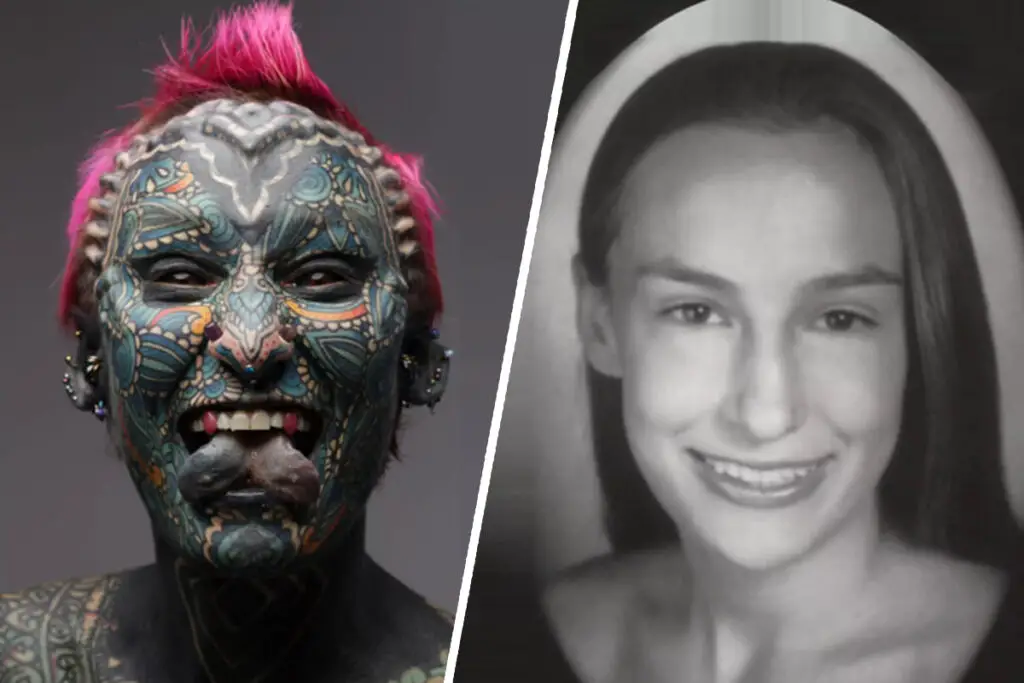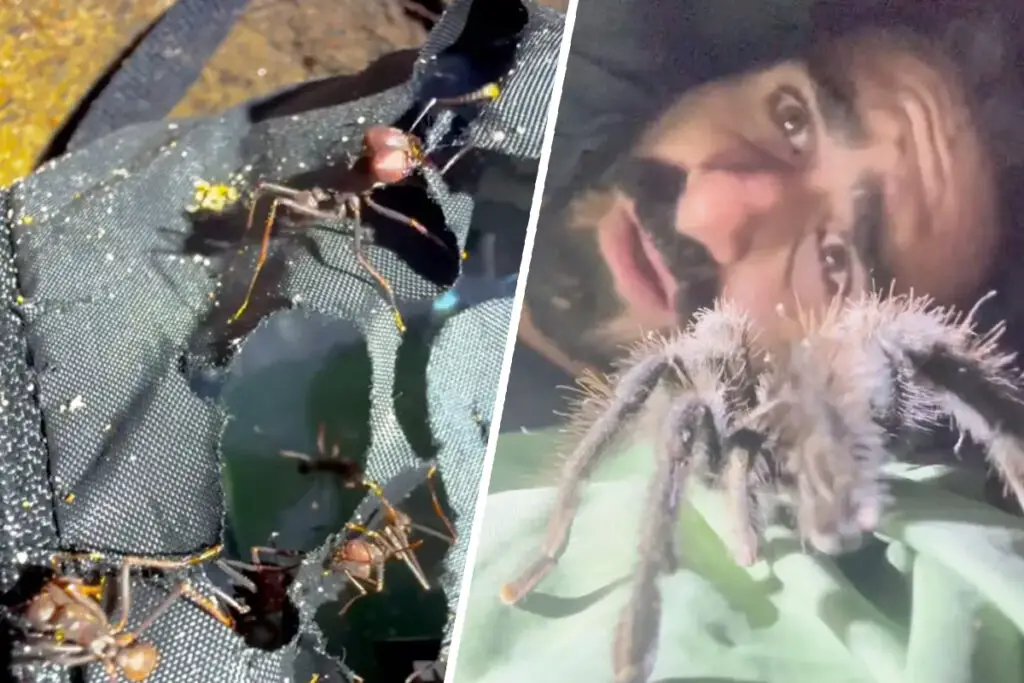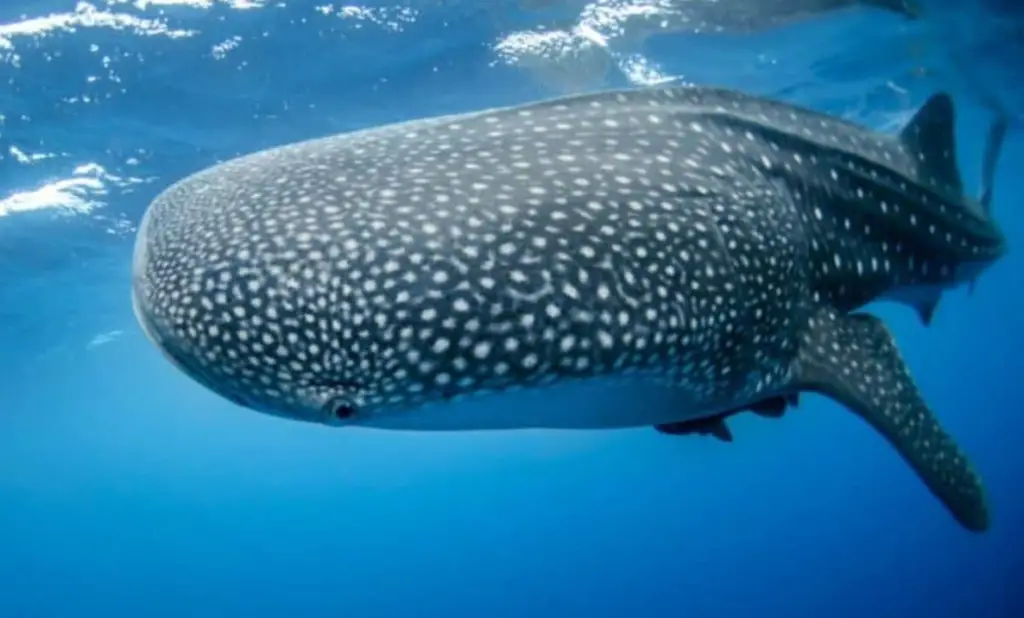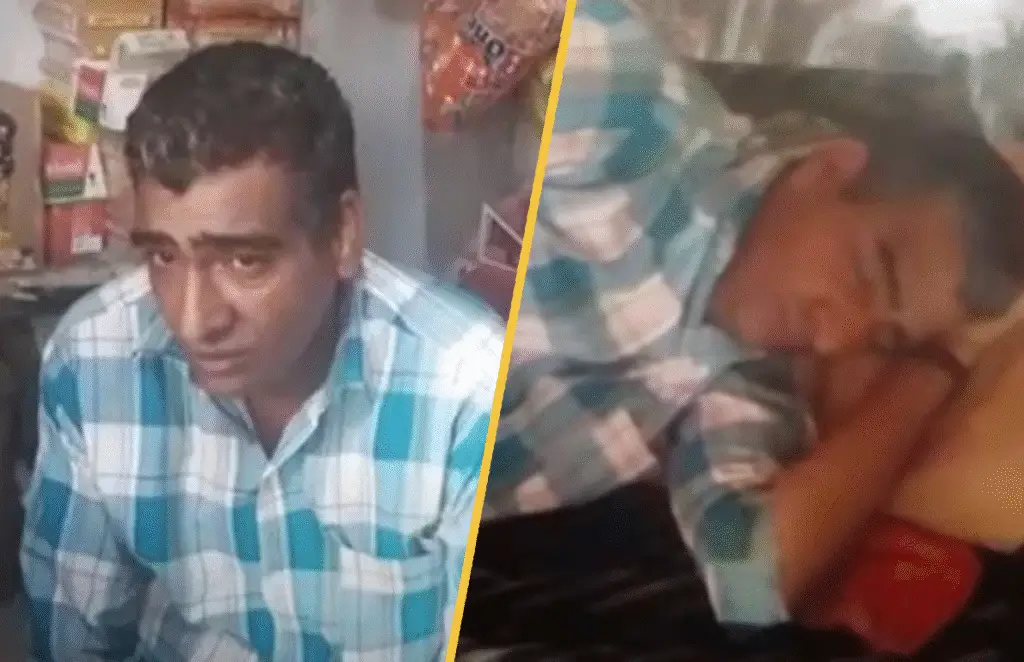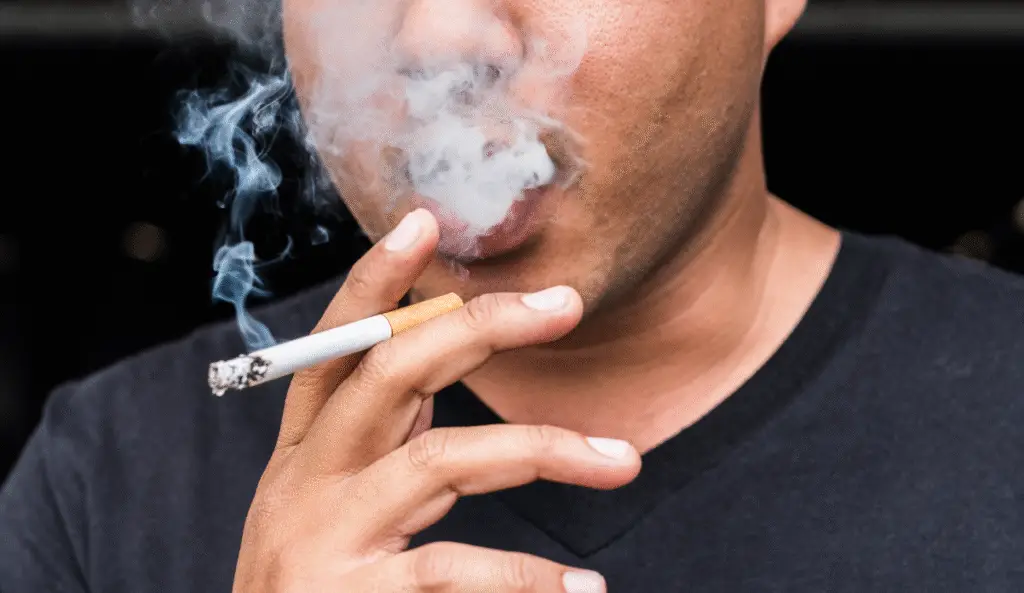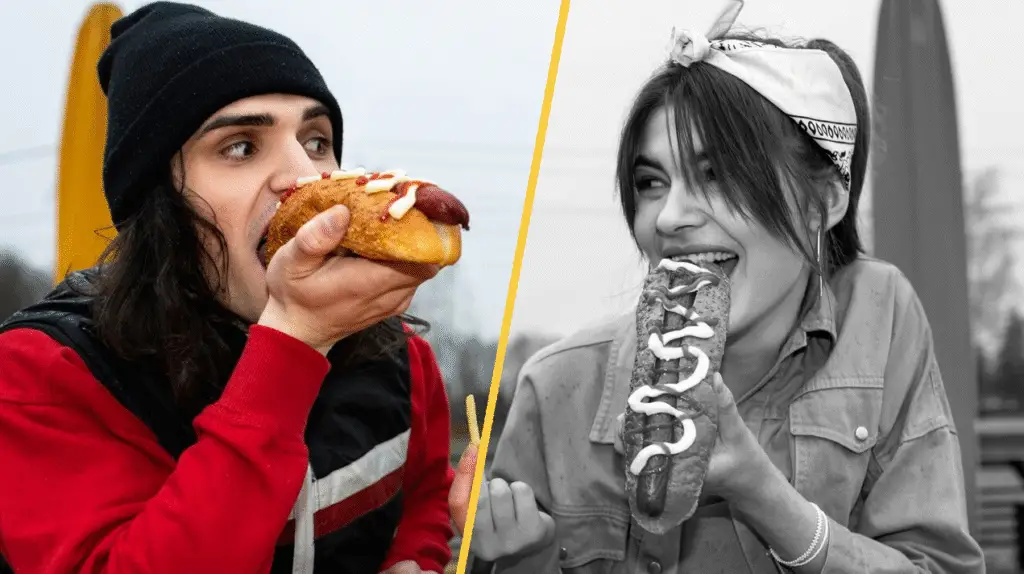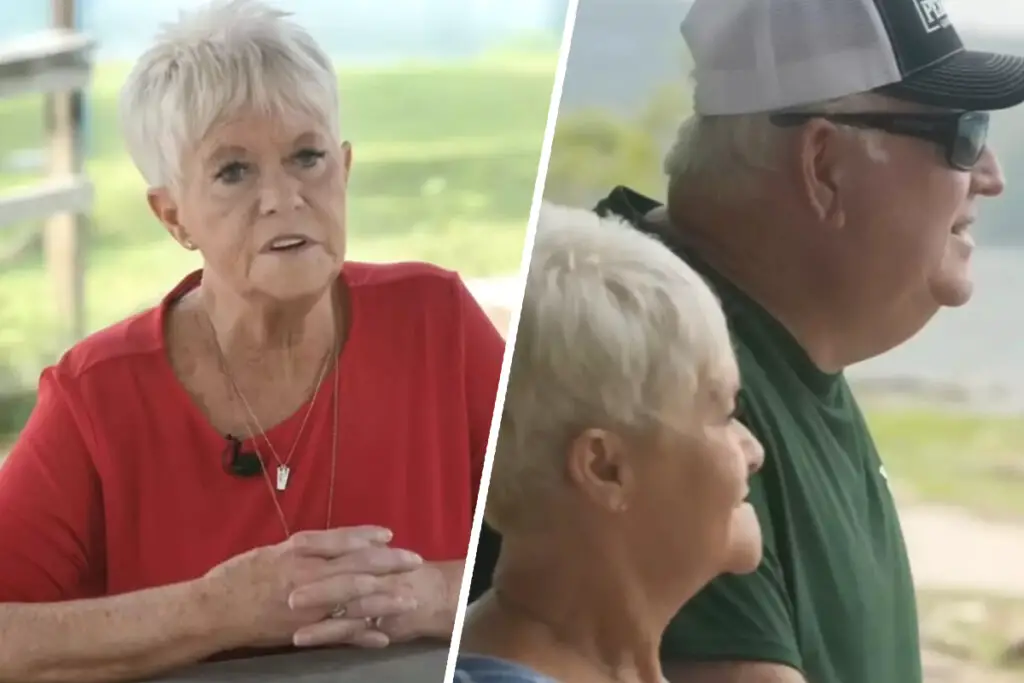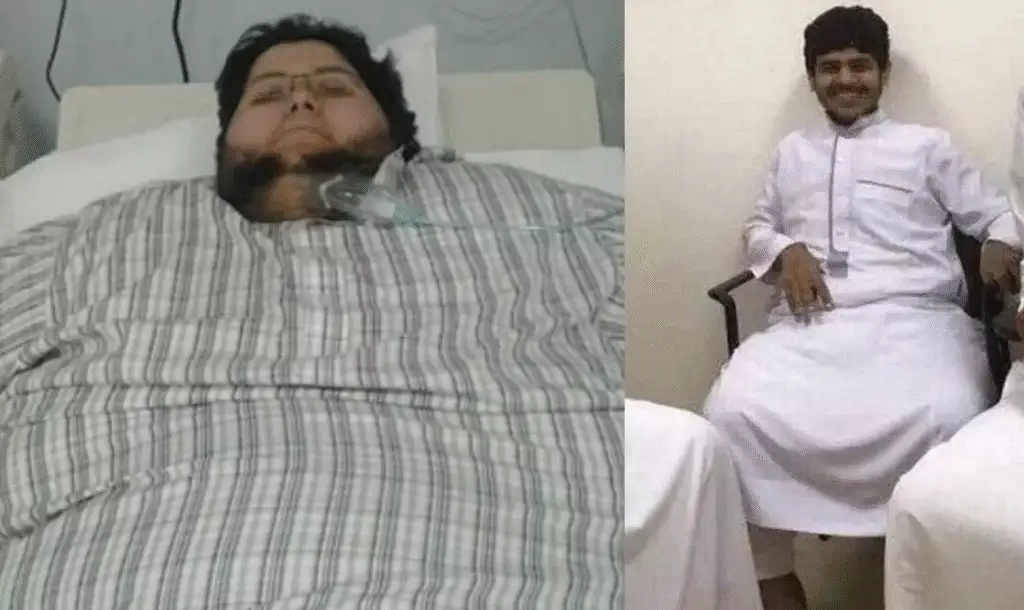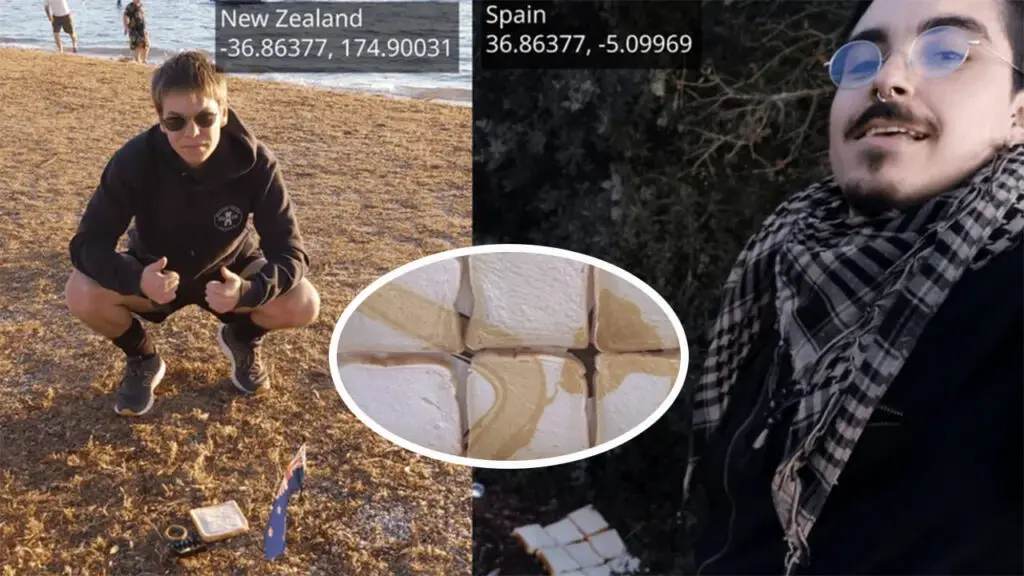Heartwarming Act of Kindness Turns into $400,000 Nightmare: Woman Raises Funds for Homeless Veteran Who ‘Saved’ Her

- A late-night breakdown on a Philadelphia highway leads to an unexpected rescue by a homeless man.
- Viral GoFundMe campaign explodes, drawing donations from over 14,000 people worldwide.
- Initial gratitude gives way to accusations, investigations, and courtroom drama.
In the fall of 2017, Kate McClure found herself in a precarious situation on Interstate 95 near Philadelphia. Driving alone around 11 p.m., her car sputtered to a halt after running out of gas.
With no cash on hand and her heart racing, she locked her doors and waited for help. That’s when Johnny Bobbitt Jr., a 34-year-old homeless man living under a nearby bridge, approached her vehicle.
He instructed her to stay safe inside while he walked to a gas station, using his last $20 to buy fuel for her tank.
McClure, a 27-year-old employee at the New Jersey Department of Transportation, later described the encounter as a profound moment of humanity amid vulnerability.
Grateful for his selflessness, McClure returned to the spot multiple times in the following weeks. She brought warm clothes, food, water, and small amounts of money to repay him.
Bobbitt, a former U.S. Marine Corps ammunition technician from North Carolina, shared glimpses of his past: honorable service in the military, followed by struggles with opioid addiction that led to job loss and homelessness.
These visits fostered a bond, and McClure learned of his desire to rebuild his life with stable housing and employment.
Inspired, she and her boyfriend, Mark D’Amico, launched a GoFundMe campaign on November 10, 2017, aiming to raise $10,000 for an apartment, a reliable vehicle, and several months of living expenses.
The story captured public imagination when it appeared in local media outlets. Donors responded en masse, moved by tales of veteran hardship and random acts of generosity.
Within days, contributions surged past the goal. By late November, the fund had amassed nearly $300,000, eventually climbing to $402,706 from more than 14,000 supporters.
Bobbitt expressed astonishment in a video posted to the page: “This changes my life right there.” McClure updated followers with photos and messages, portraying Bobbitt as a deserving hero whose kindness deserved reciprocation.
The narrative spread across social media platforms, highlighting themes of compassion in an era often marked by division.
As funds poured in, questions began to surface about how the money would be distributed. McClure and D’Amico assured donors that every dollar would aid Bobbitt’s transition to stability.
They moved him into a camper they owned, provided him with a bank account containing $75,000, and promised ongoing support. Public interest peaked with television appearances and interviews, where the trio emphasized redemption and second chances.
Bobbitt spoke openly about his military background, including deployments and the challenges of readjusting to civilian life amid substance abuse issues.
Yet beneath the surface, tensions simmered. Bobbitt grew frustrated, claiming he received far less than promised and that the couple controlled the bulk of the donations.
In August 2018, he filed a lawsuit against McClure and D’Amico, alleging they withheld funds and used the money for personal luxuries like a new BMW, designer bags, and trips to casinos in Las Vegas and Atlantic City.
The legal action drew scrutiny from authorities, prompting Burlington County Prosecutor Scott Coffina to launch an investigation into potential fraud.
What emerged stunned the public. Investigators revealed that the entire story was fabricated. McClure, D’Amico, and Bobbitt had known each other for at least a month before the alleged incident.
Text messages uncovered during the probe showed they conspired to create the feel-good narrative to solicit donations. The “stranded motorist” tale was rehearsed, complete with staged photos.
Rather than a spontaneous act, it was a calculated scheme to exploit public sympathy for homeless veterans and everyday heroes.
Prosecutors detailed how the group spent lavishly: over $85,000 on gambling, more than $10,000 on luxury items from Louis Vuitton and Gucci, and expenses for vacations in Florida and California.
Bobbitt, while receiving $75,000, admitted to using much of it on drugs, exacerbating his addiction.
The net proceeds after GoFundMe fees totaled around $367,000, with little going toward the promised aid. GoFundMe, upon learning of the deception, refunded all donors in full and banned the involved parties from the platform.
Charges followed swiftly in November 2018. McClure, D’Amico, and Bobbitt faced counts of second-degree theft by deception and conspiracy. Bobbitt, cooperating with authorities, pleaded guilty first in March 2019, acknowledging his role in the plot.
He received a five-year special probation sentence, requiring drug treatment and restitution.
His background as a veteran with post-traumatic stress disorder influenced the leniency, but he struggled with compliance, leading to additional legal troubles.
D’Amico, identified as the ringleader, pleaded guilty in April 2019 to federal wire fraud charges related to the interstate nature of the scam.
In April 2022, a federal judge sentenced him to 27 months in prison, followed by three years of supervised release and $400,000 in restitution.
State proceedings added a concurrent five-year term in August 2022, emphasizing the betrayal of public trust.
McClure’s path through the courts proved more protracted. She initially claimed innocence, releasing audio recordings in November 2018 suggesting D’Amico manipulated her.
However, evidence mounted, including her active participation in promoting the false story. In April 2019, she pleaded guilty to theft by deception in state court and later to federal charges.
Federal sentencing in July 2022 resulted in one year and one day in prison, with orders for full restitution.
| Key Fact | Details |
|---|---|
| Total Raised | $402,706 from 14,000+ donors |
| Incident Date | October 2017 on I-95 near Philadelphia |
| Initial Goal | $10,000 for housing and vehicle |
| Funds to Bobbitt | $75,000 (spent largely on drugs) |
| Couple’s Spending | $85,000+ on gambling, luxury goods, vacations |
| Charges Filed | November 2018: Theft by deception, conspiracy |
| Bobbitt’s Sentence | 5 years special probation (2019) |
| D’Amico’s Sentence | 27 months federal prison (2022), 5 years state |
| McClure’s Sentence | 1 year federal prison (2022), 3 years state (2023) |
| GoFundMe Response | Full refunds to all donors |
The case highlighted vulnerabilities in crowdfunding platforms, prompting GoFundMe to enhance verification processes for high-profile campaigns.
Legal experts noted it as a cautionary example of how viral stories can mask ulterior motives, eroding faith in online philanthropy.
Bobbitt’s life post-scam remained turbulent; he faced additional charges for failing probation terms and continued battling addiction in halfway houses.
McClure reported to federal prison in September 2022, but her state sentence loomed. In January 2023, a New Jersey judge imposed three years behind bars, to run concurrently with her federal time, ensuring she served the full term.
D’Amico began his incarceration earlier, reflecting on the scheme’s fallout in court statements. As restitution payments trickle in, donors who once celebrated the story now view it through a lens of skepticism.
Bobbitt, in rare interviews since, expressed regret over his involvement, hoping for genuine recovery.
The saga raises lingering questions about accountability in digital fundraising and whether such deceptions could happen again, leaving one to wonder what other untold stories lurk behind the next viral appeal.

